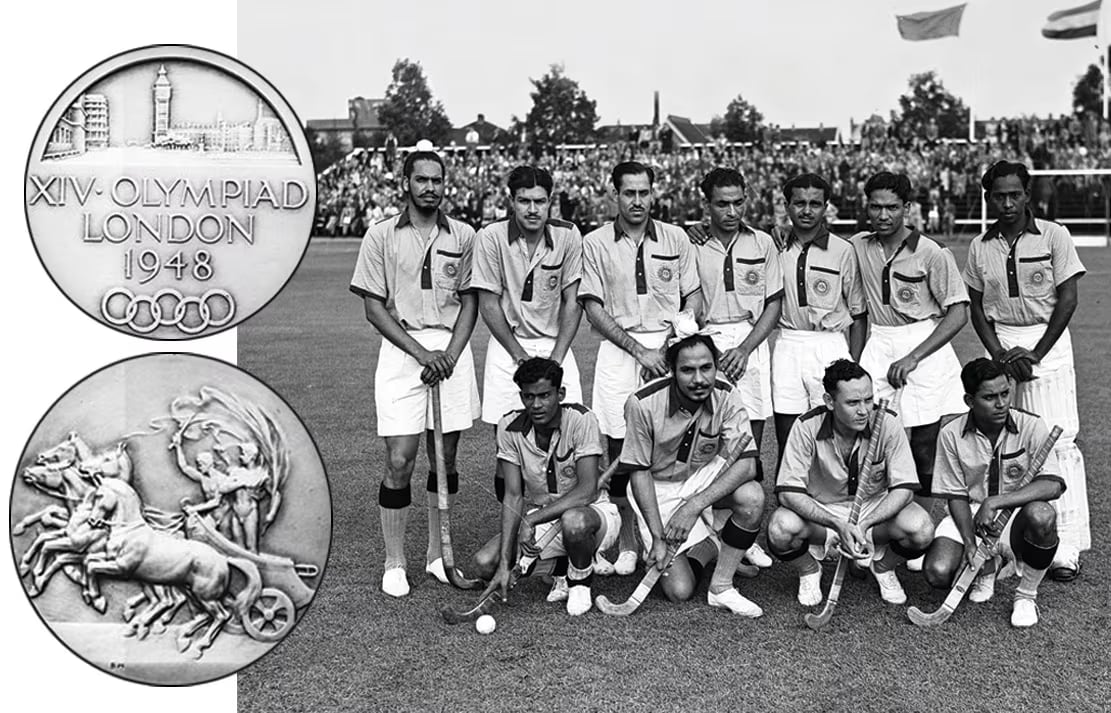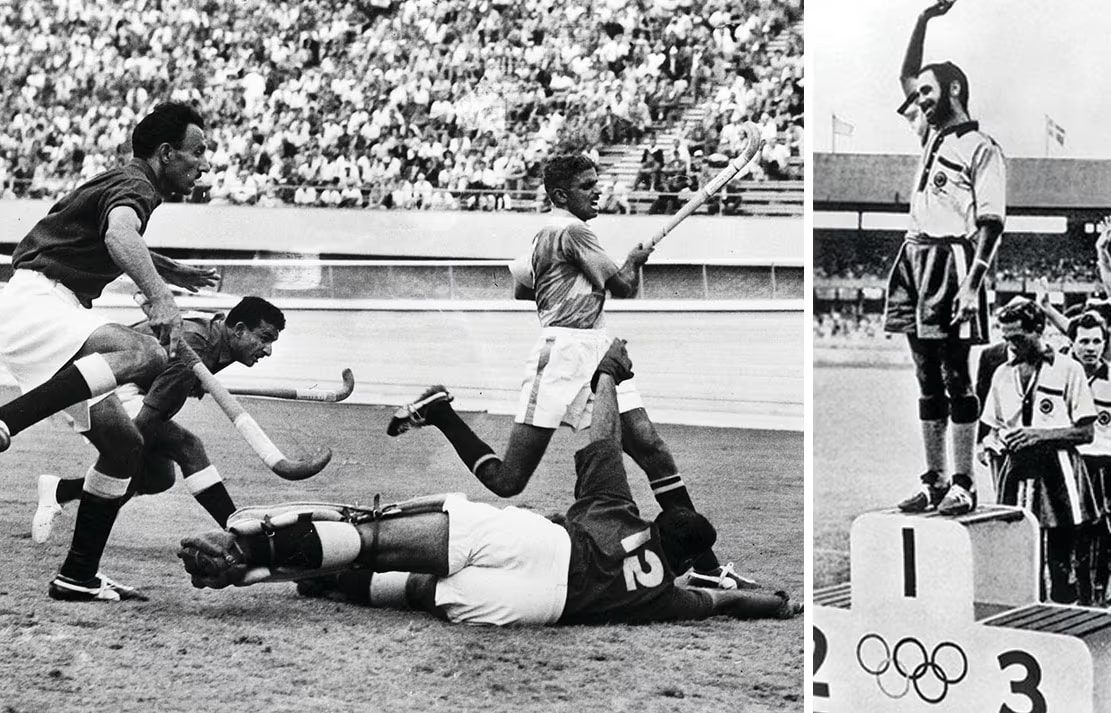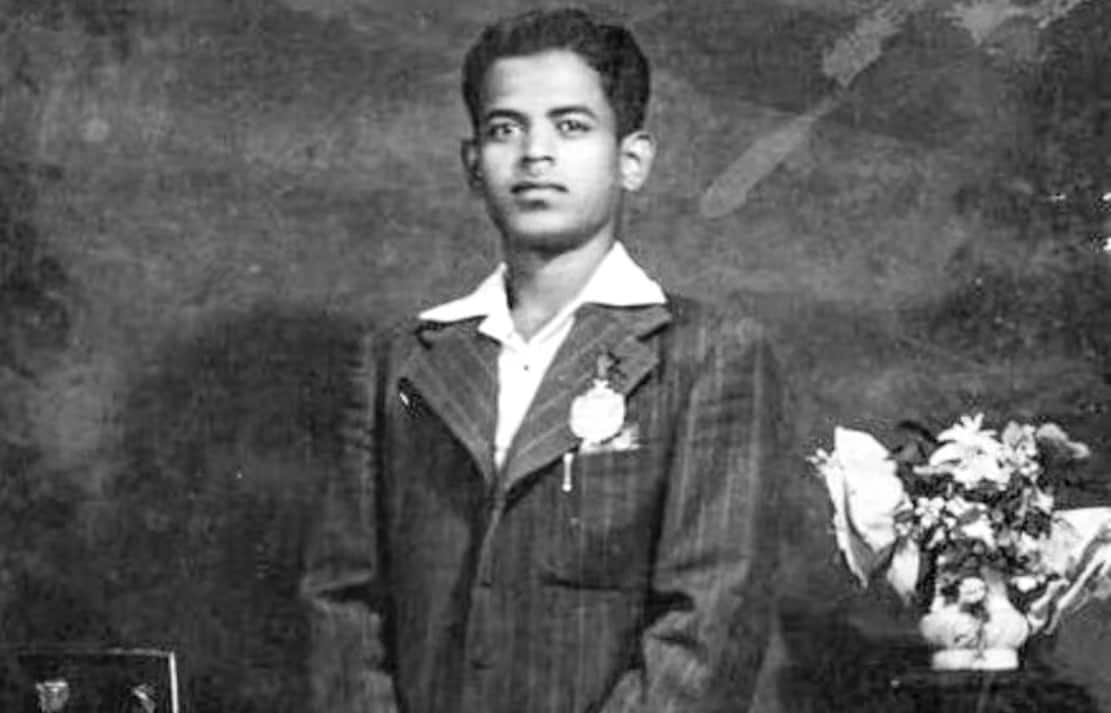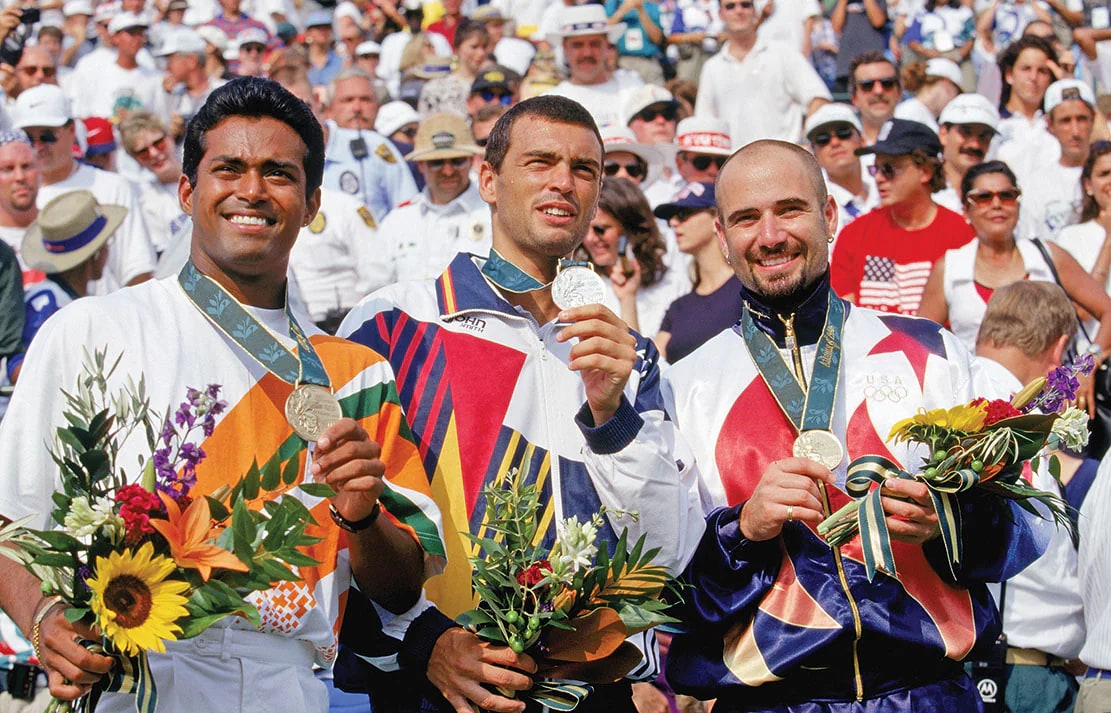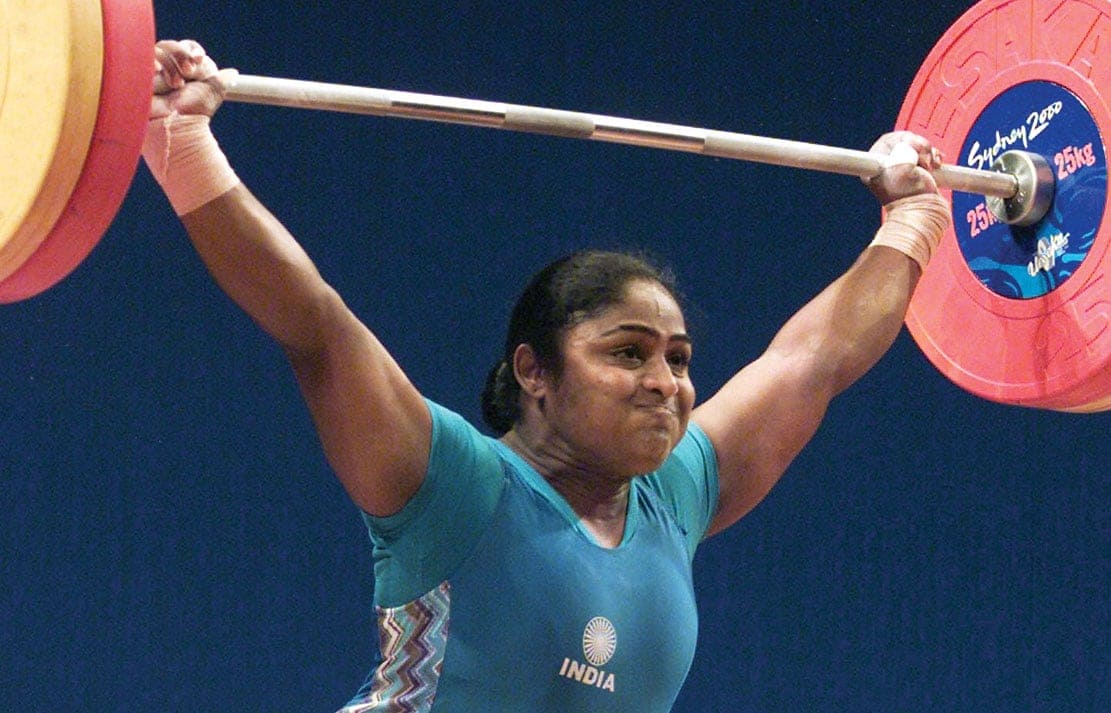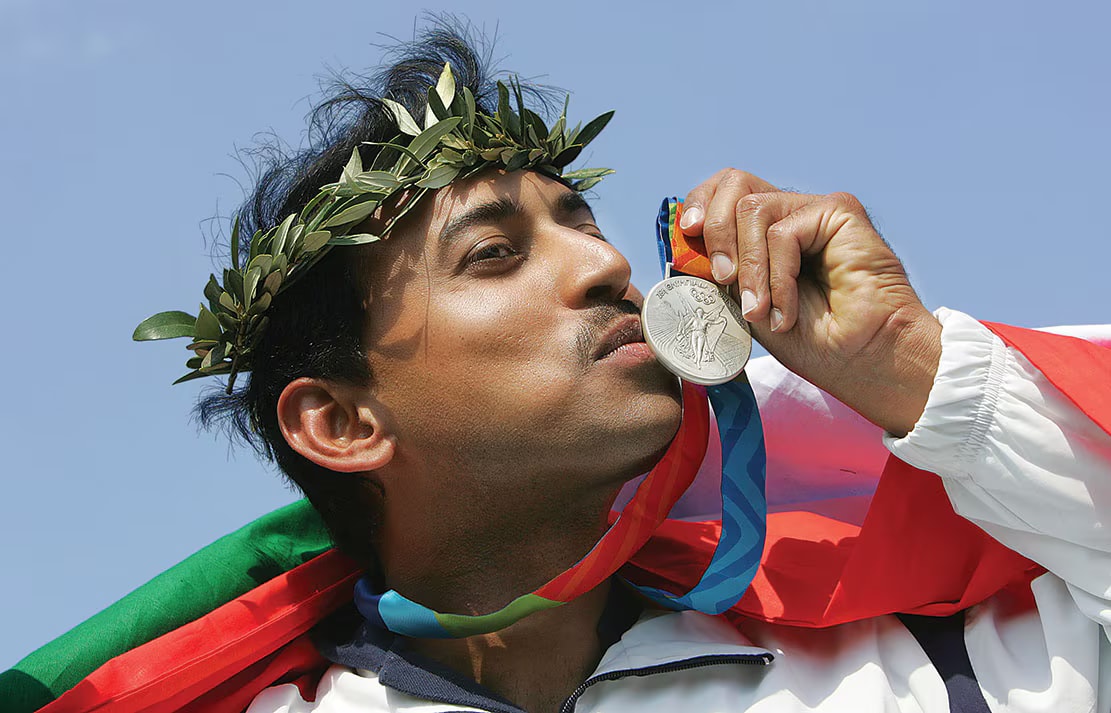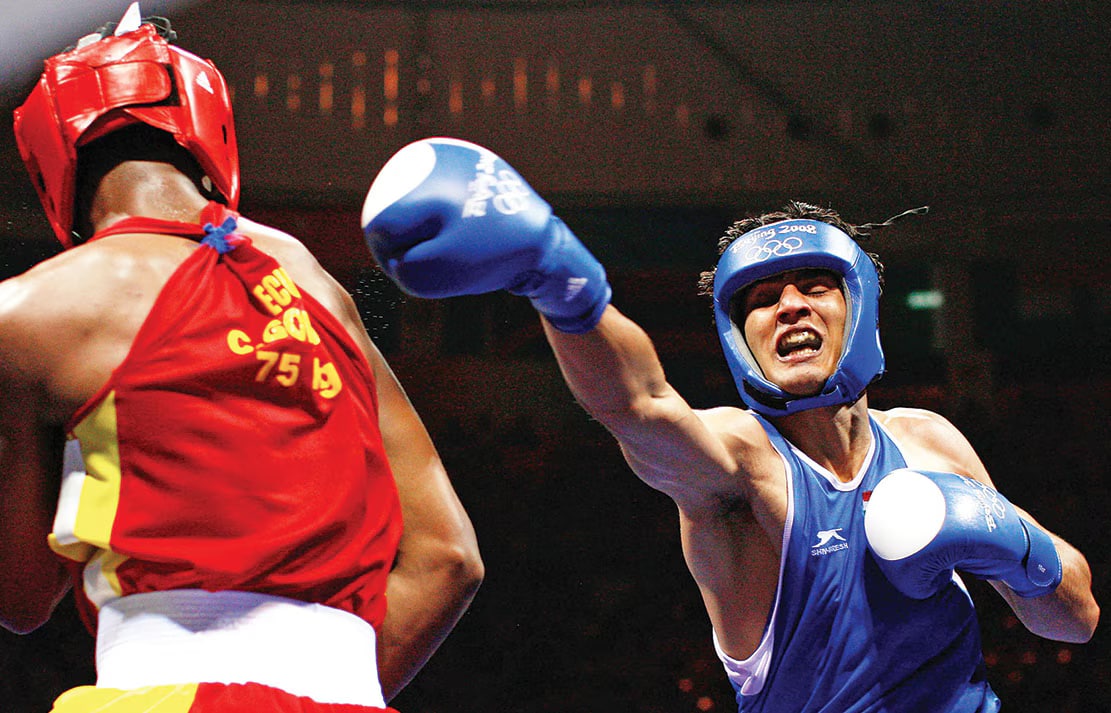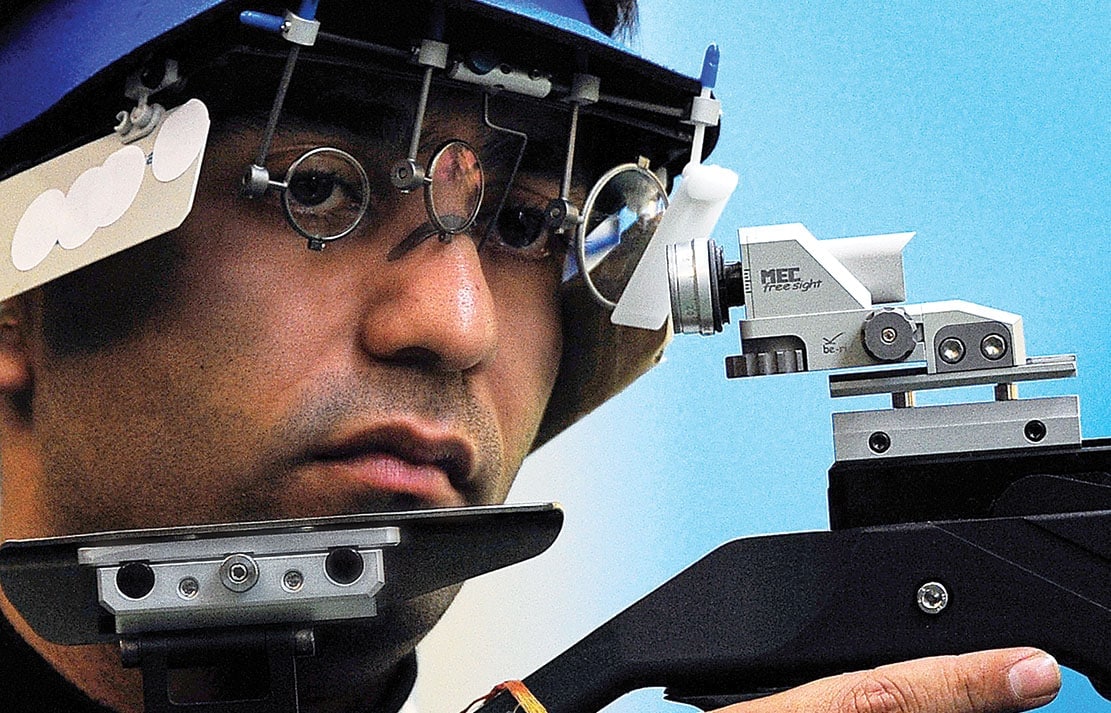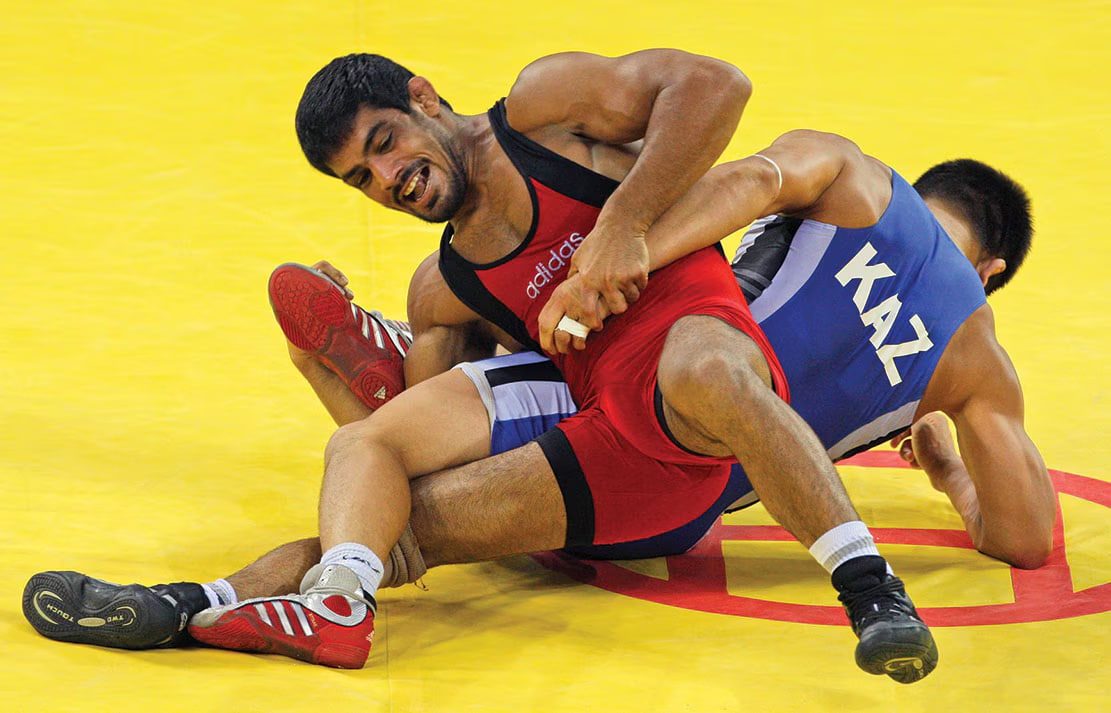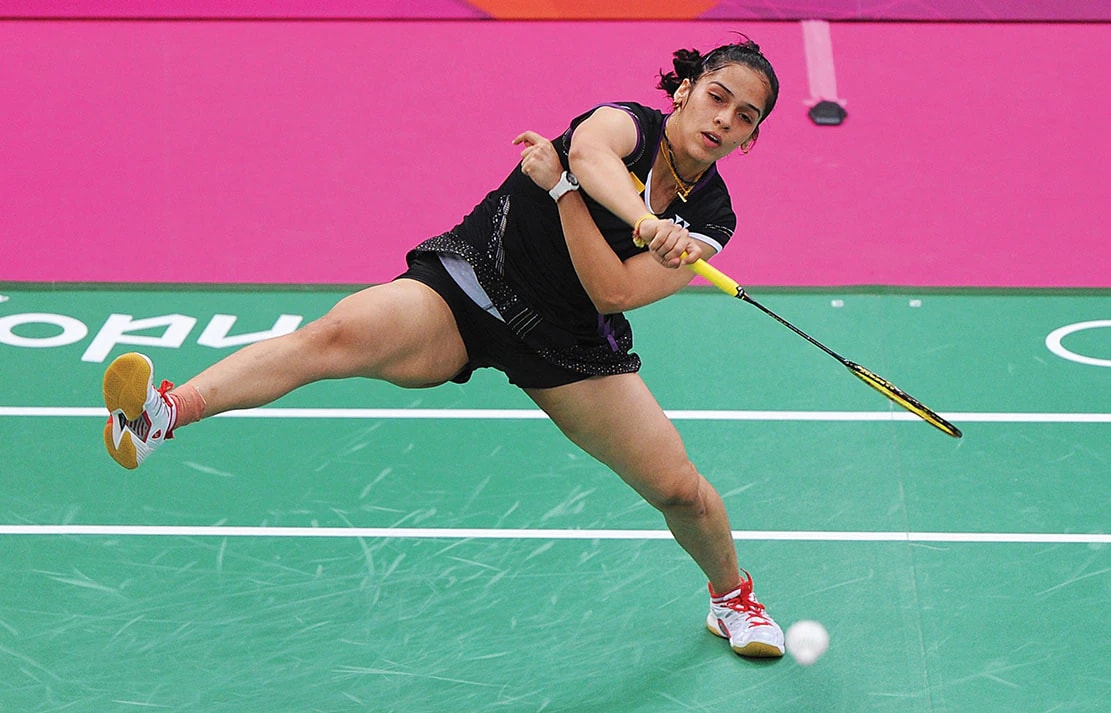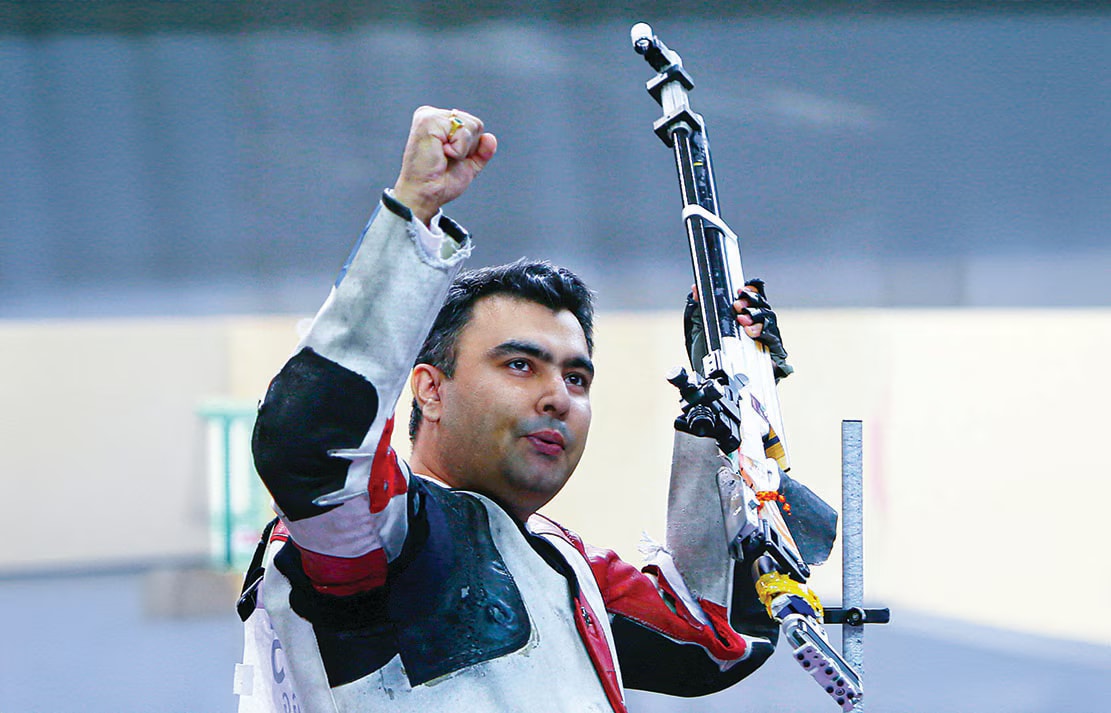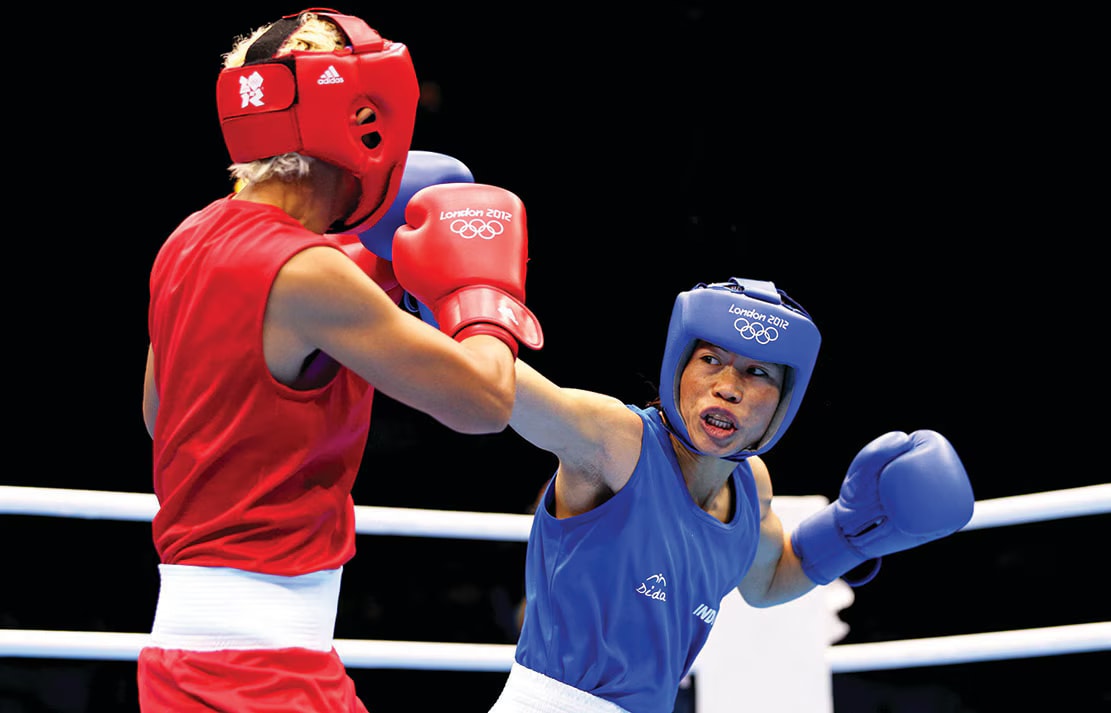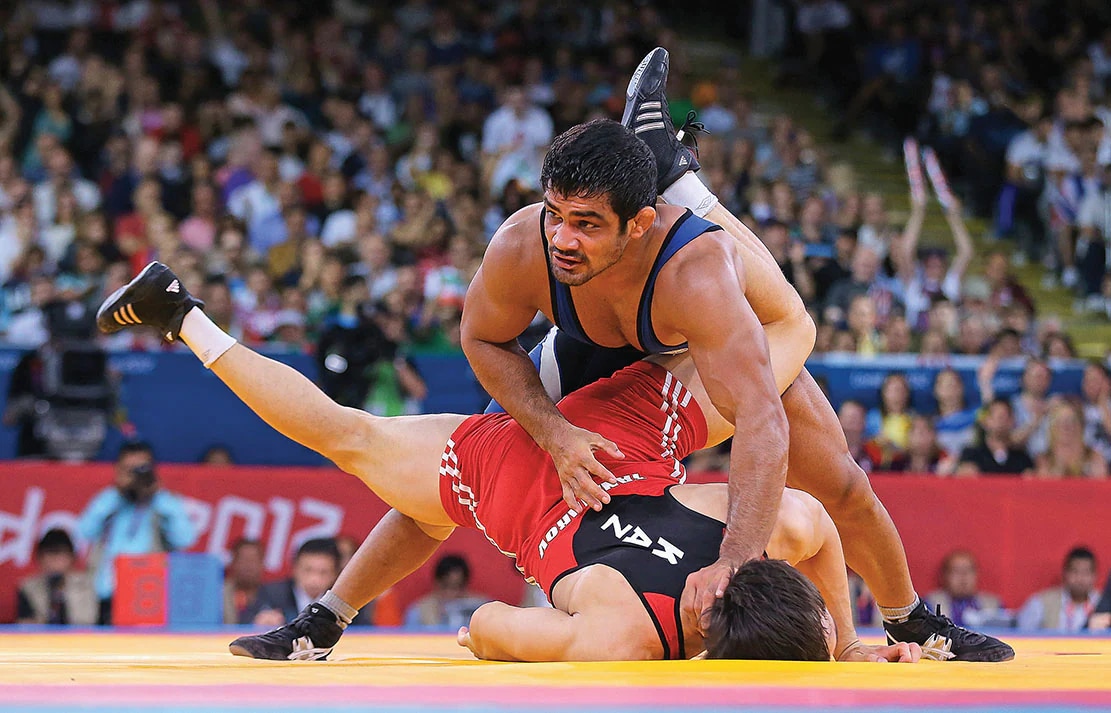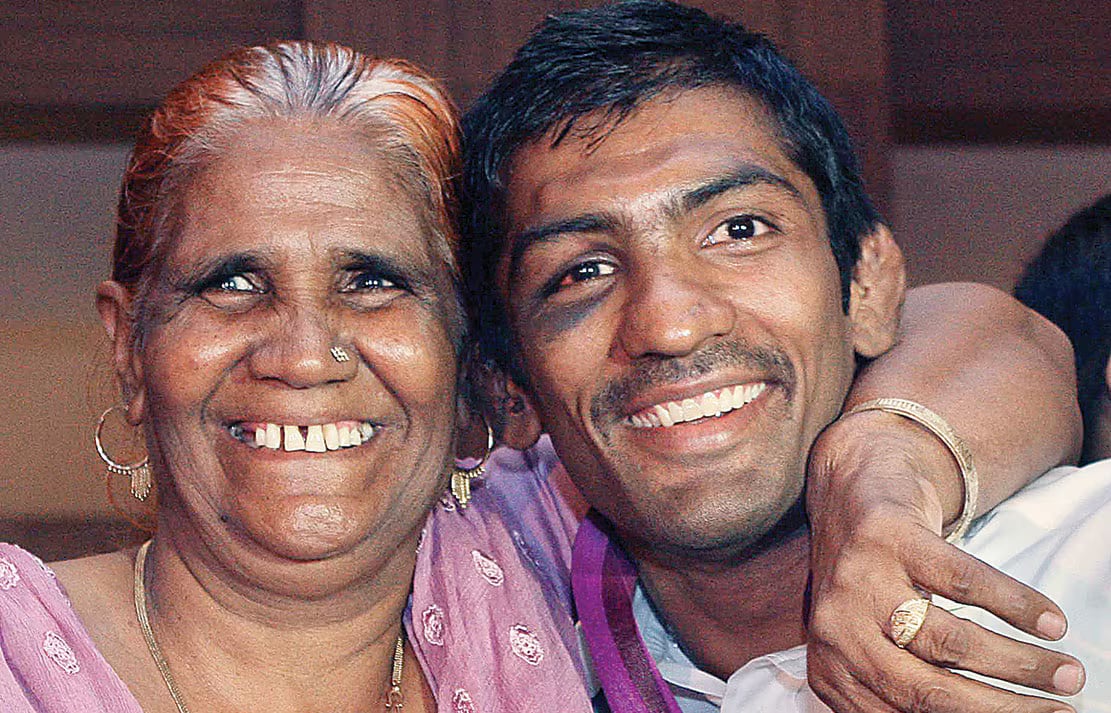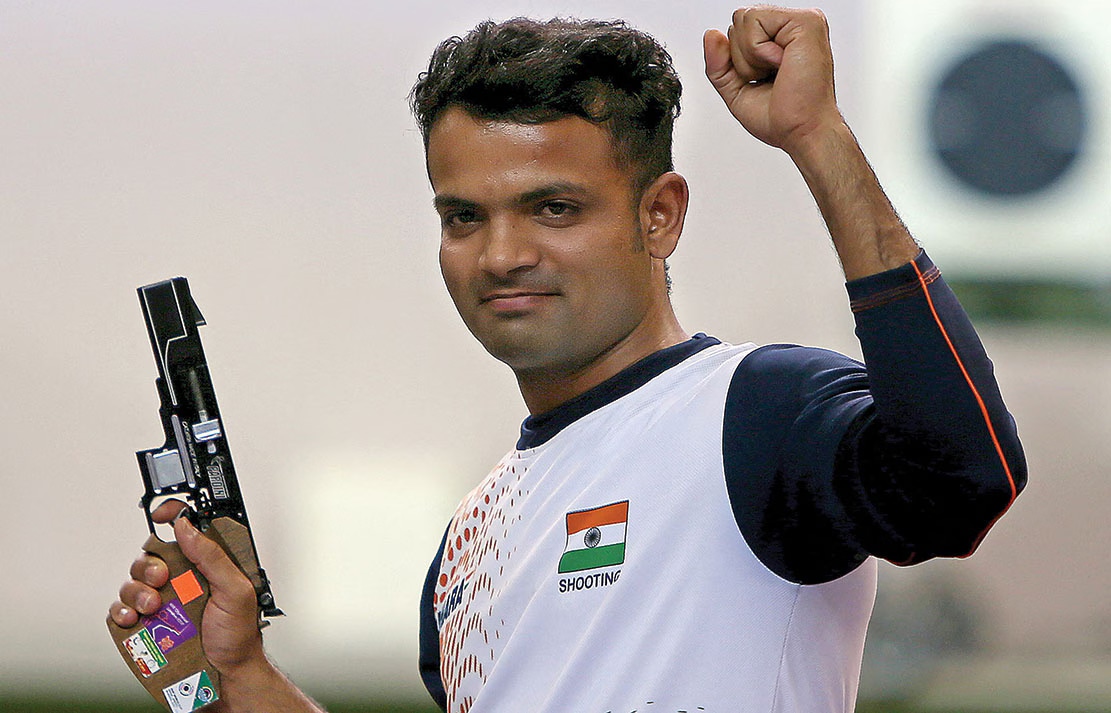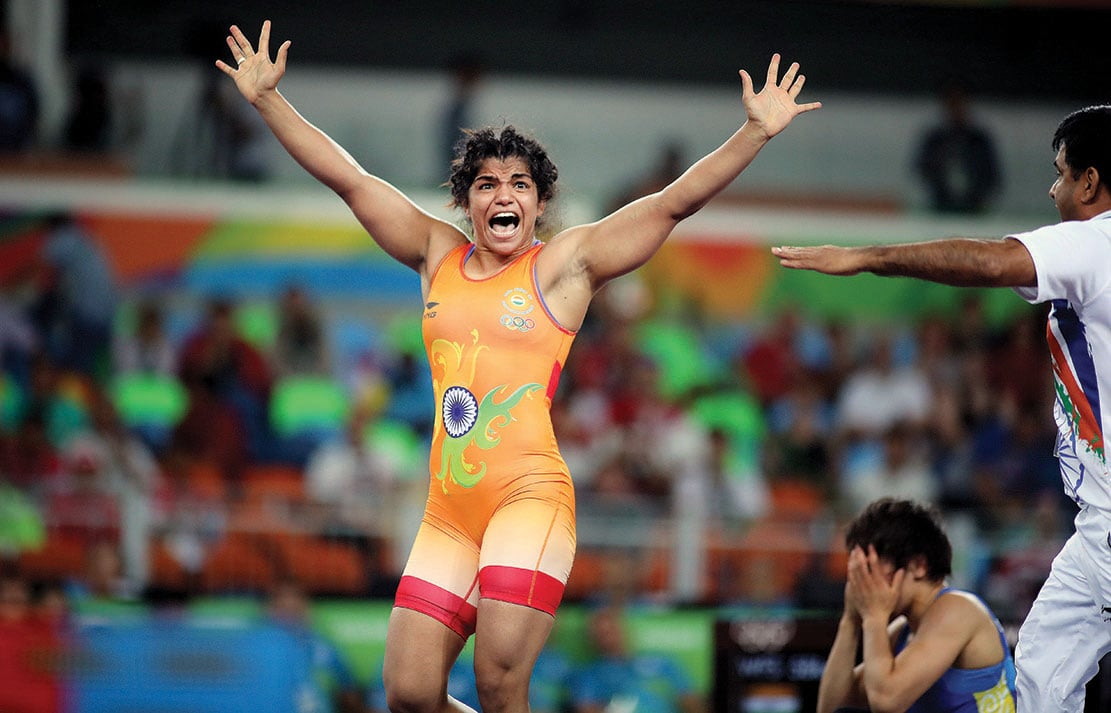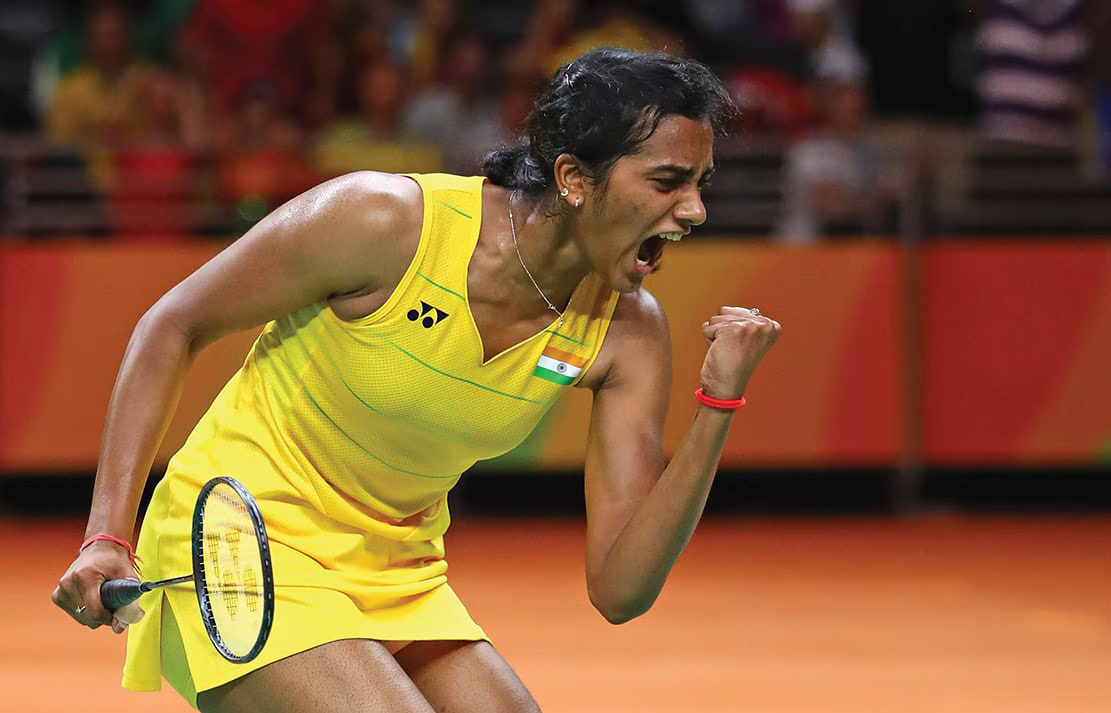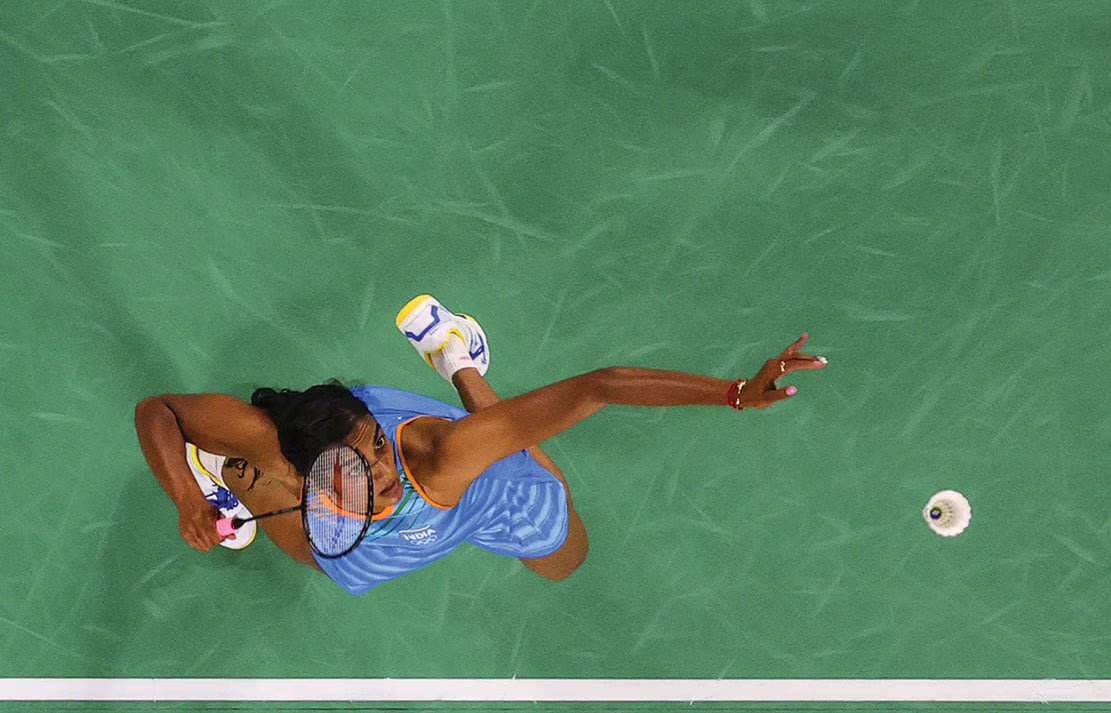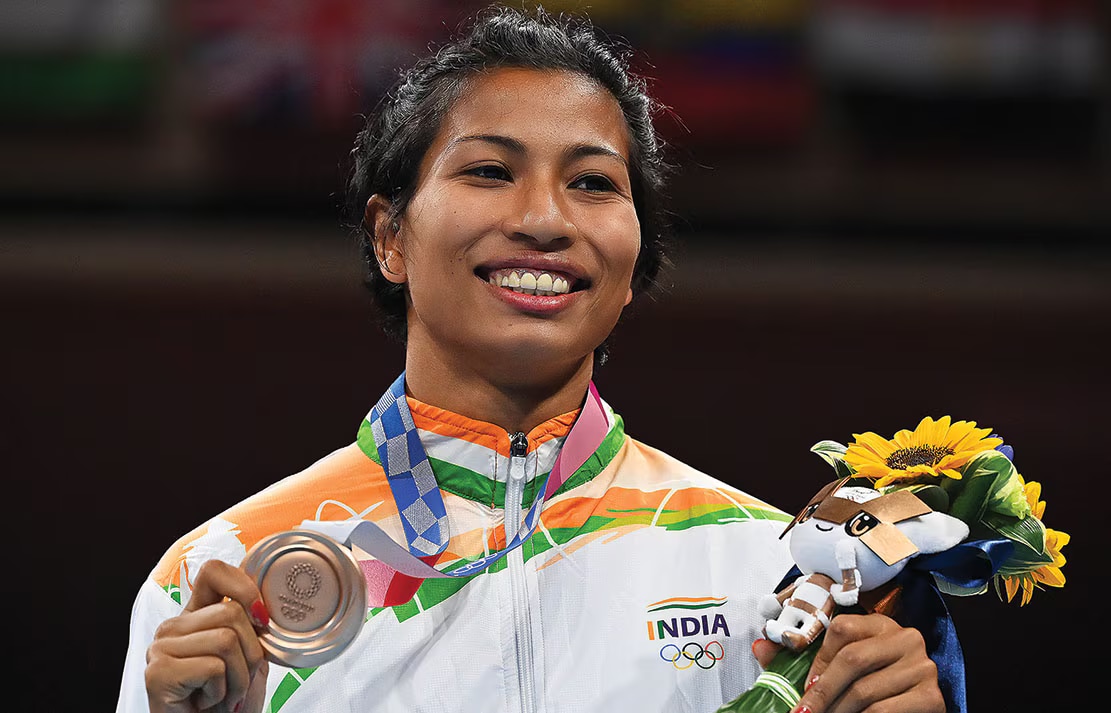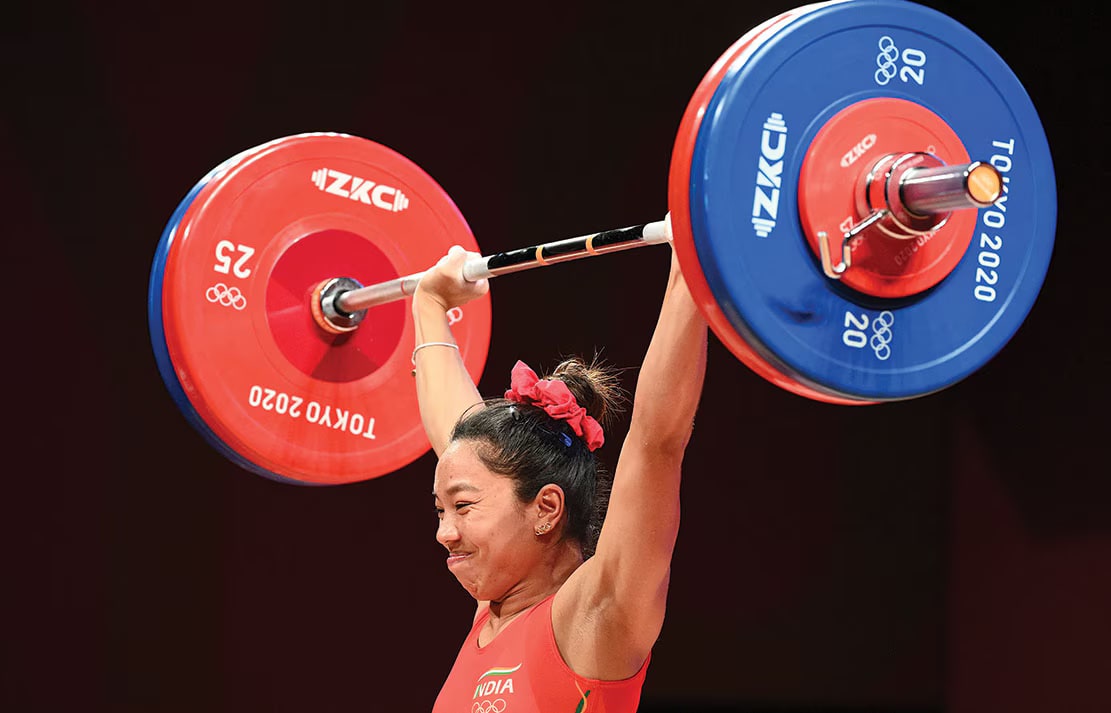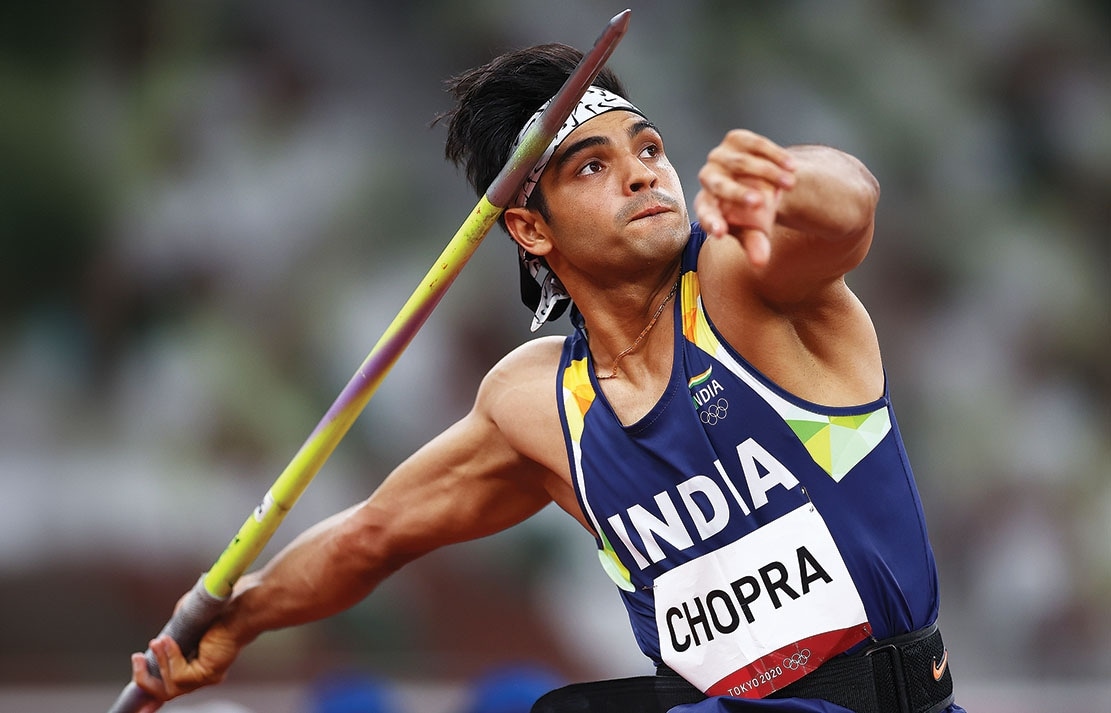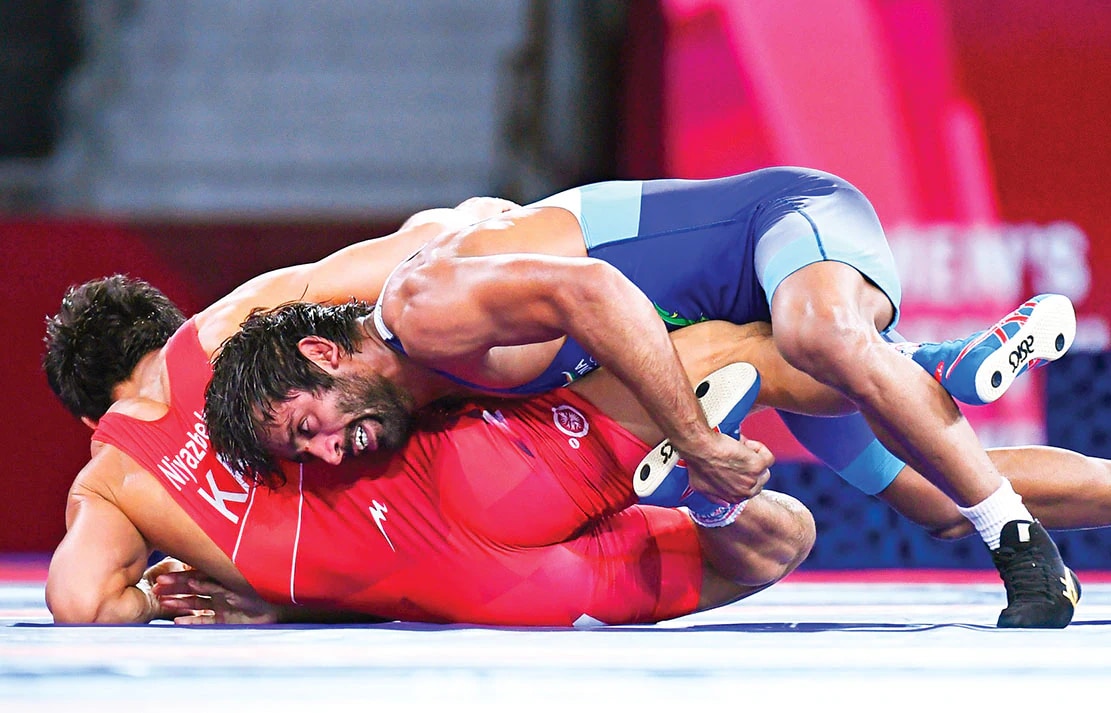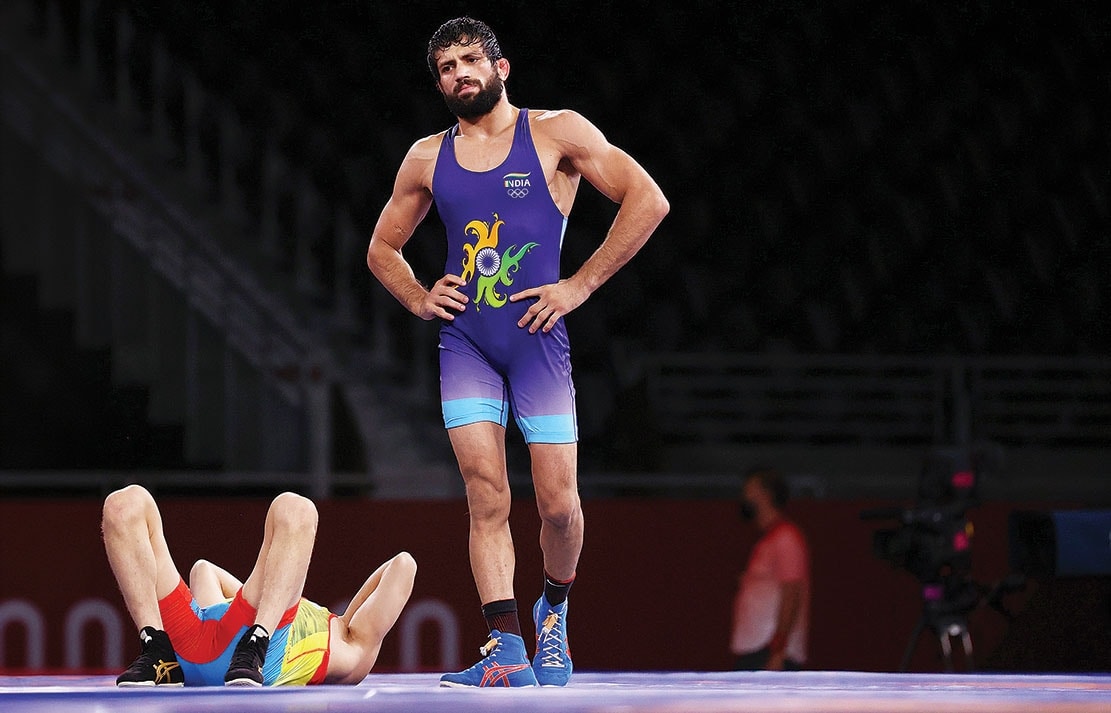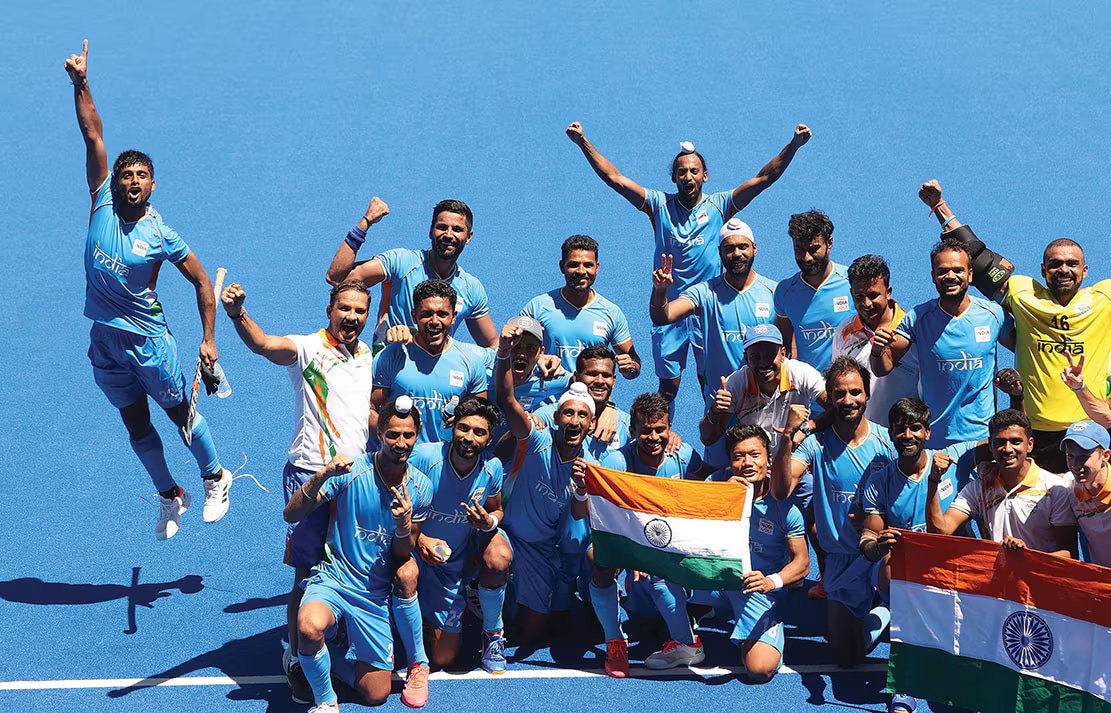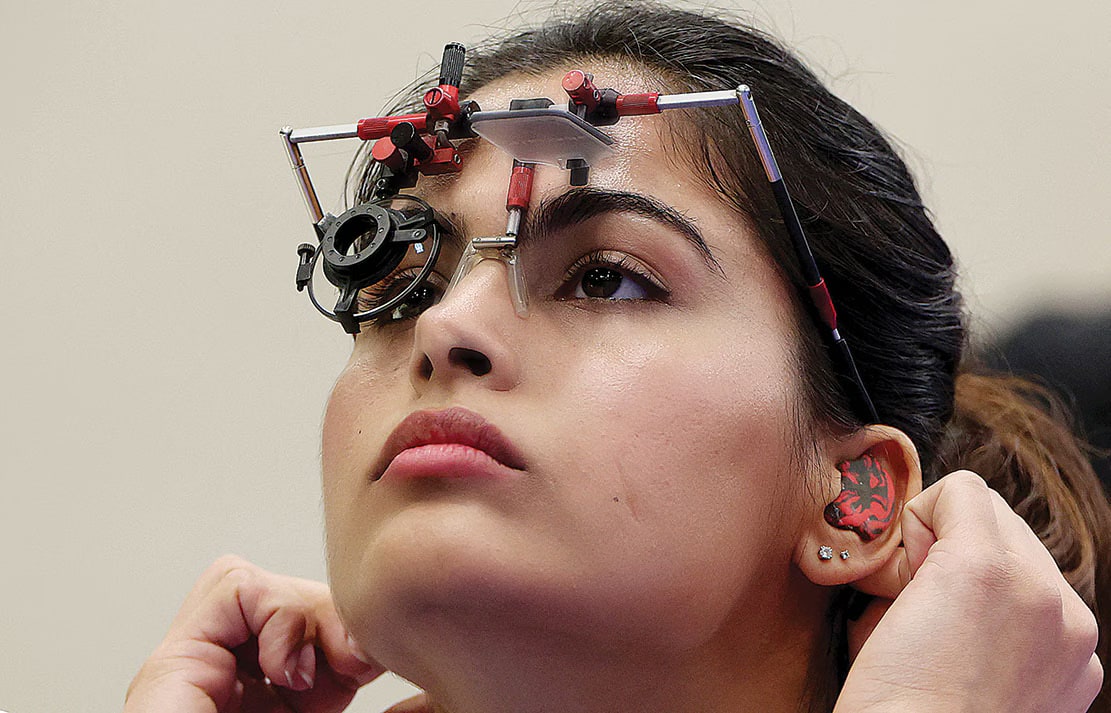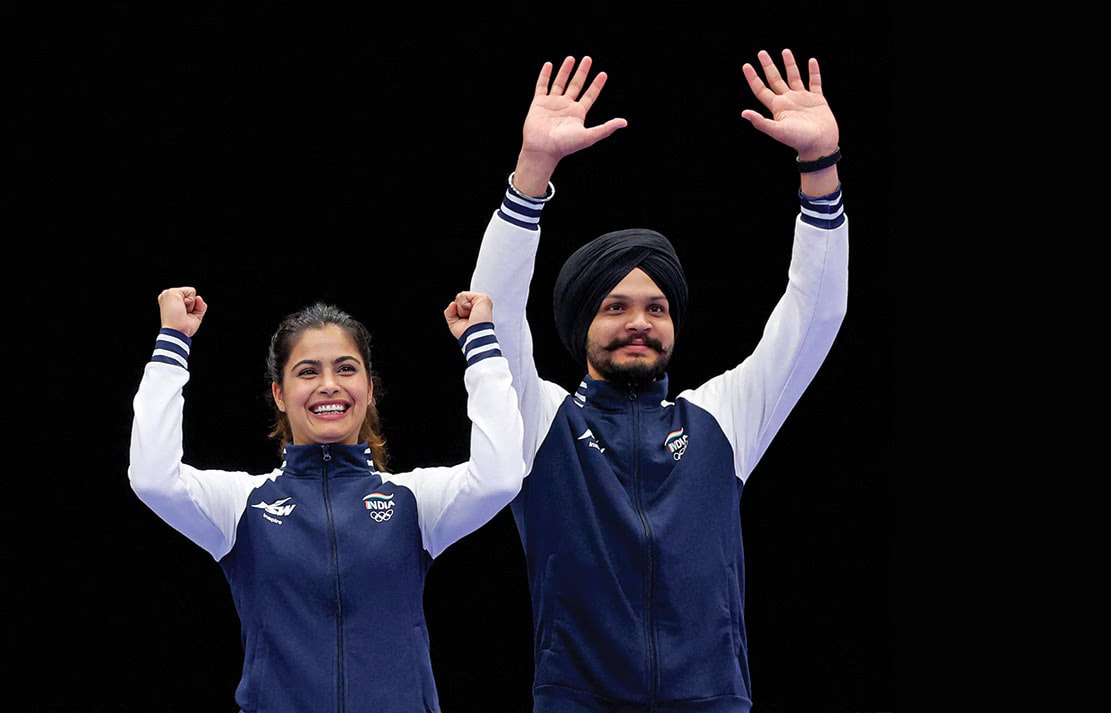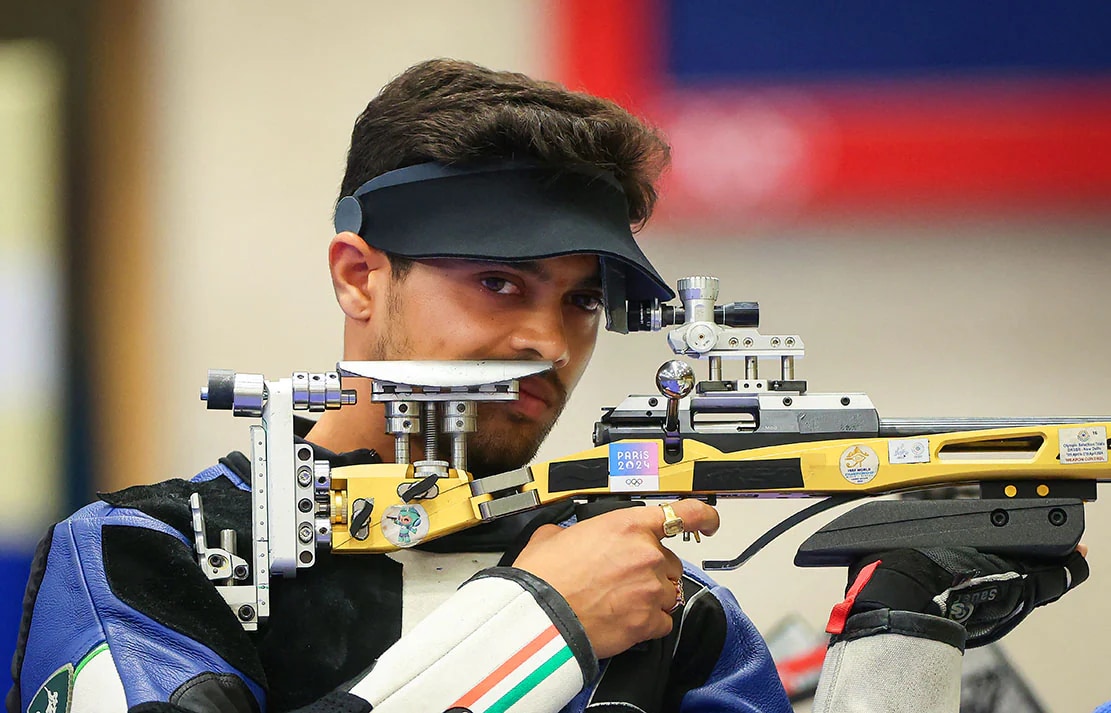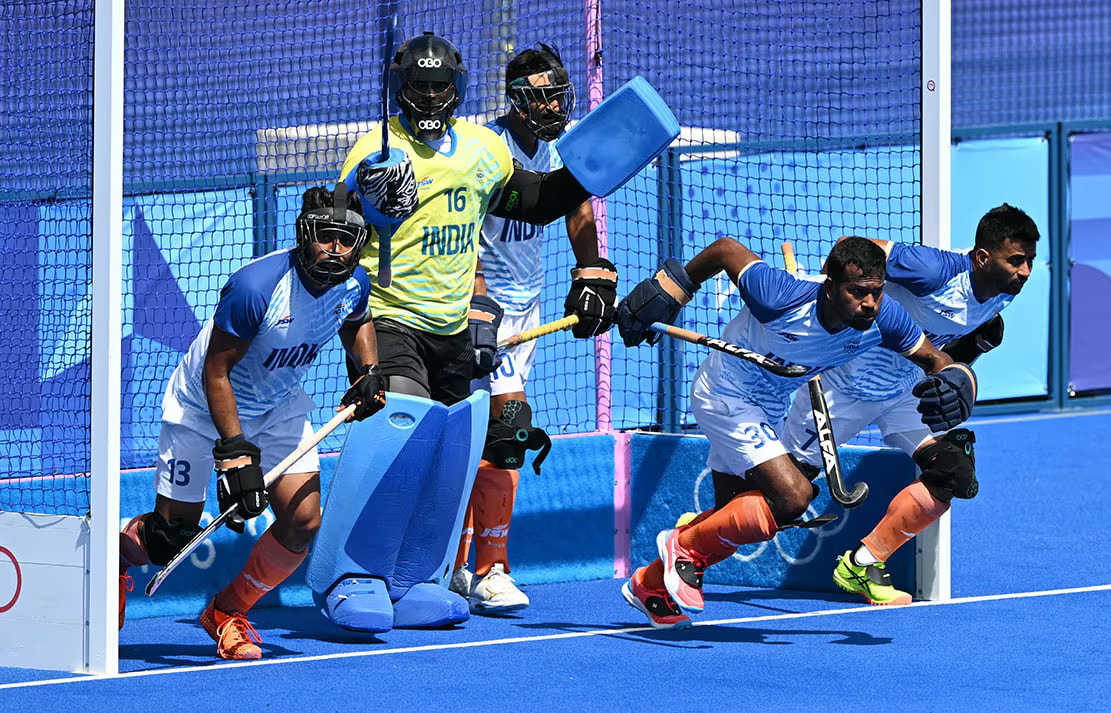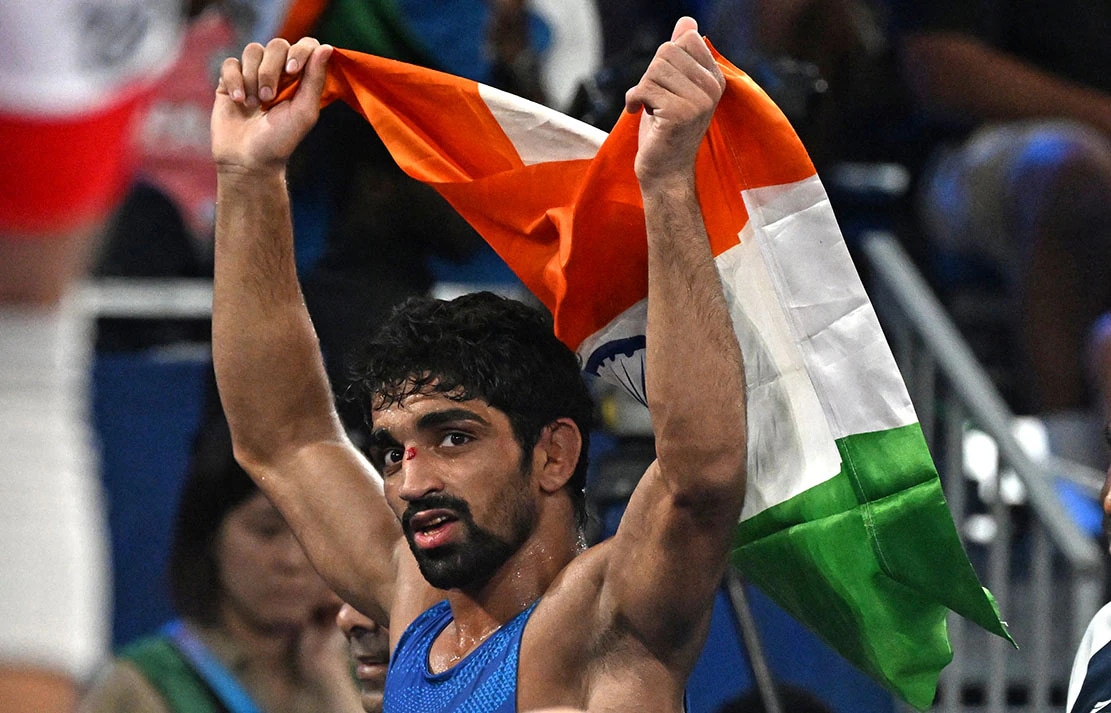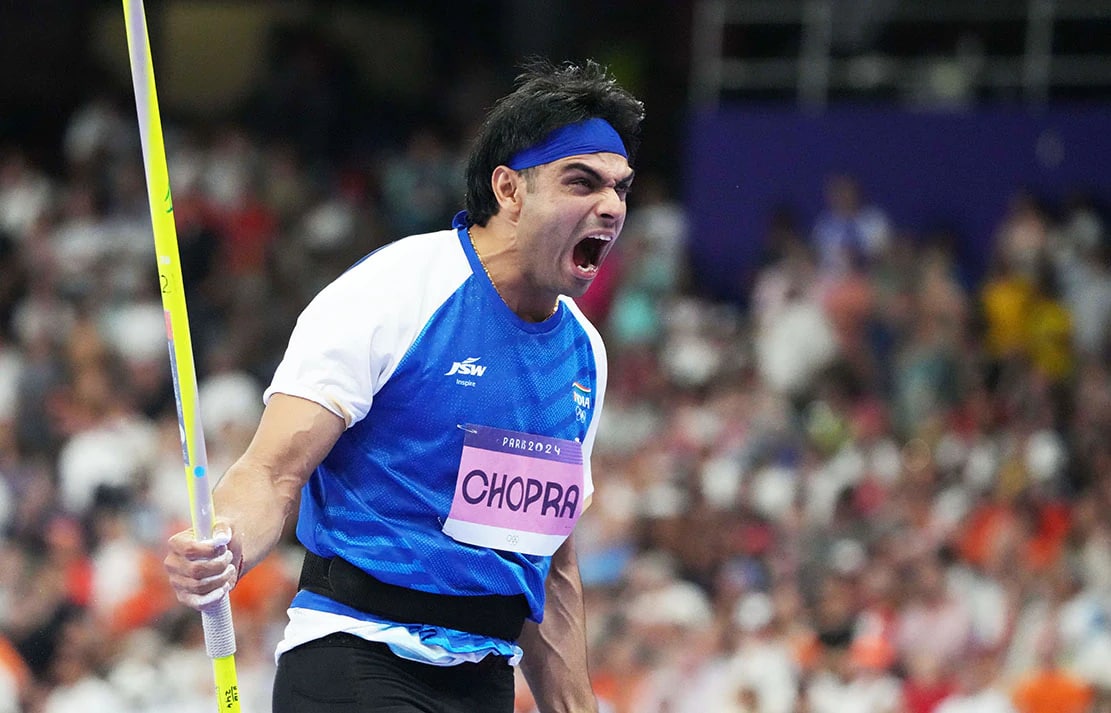The Pressure and the Glory: India’s Olympic medallists since its Independence
Curated by Madhu Kapparath
Since its independence in 1947, India has won 36 medals until the just concluded Olympics in Paris. For a nation of over 1.4 billion people, this meagre medal haul at the Olympics has clearly been a hard hurdle to cross. Over the last two decades, a concerted effort on the part of the government and enterprising initiatives by private entities as well as ambitious athletes have begun an overhaul in talent management and access to world class coaches and training facilities. The scientific process of training and preparing champions is now in place. The upside to India’s slow rise in winning medals is this: We are no longer content with celebrating those who came close to winning one.
India had sent in its largest-ever contingent of 117 athletes across 16 diverse sports disciplines to the Paris Olympics, hoping firmly to step beyond its last performance. As these photos of India’s medal-winning strivings since 1947 indicate, the swell must slowly, but surely, turn into a tide.
